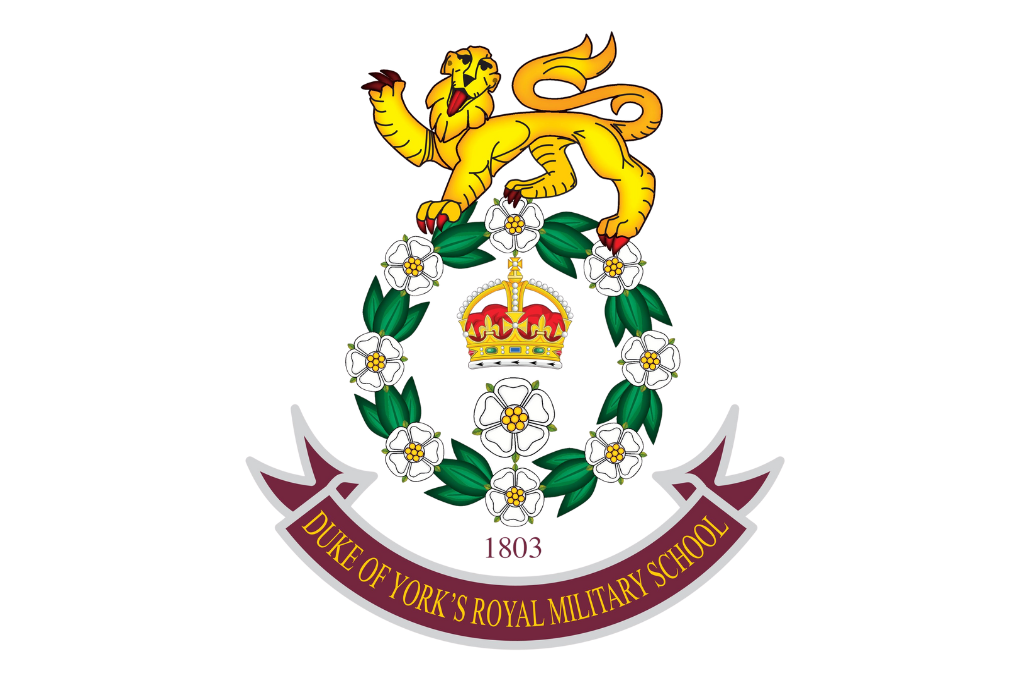A soldier’s remarkable account of fighting alongside the legendary Gurkhas, surviving the Japanese advance, and enduring three and a half years as a prisoner of war has finally been brought to light, eight decades after it was written.
Richard Kemmis Betty, a British Army veteran born during the Malayan Emergency, has published Half A Banana, a book based on the wartime diary of his father, Peter Kemmis Betty. Released to coincide with the anniversary of Victory over Japan (VJ) Day, all profits from the £18 book will go to the Pahar Trust Nepal, a charity founded by two Gurkhas to build and support schools in the Himalayan foothills, working closely with the Salisbury-based Gurkha Welfare Trust.
“It means a huge amount to publish it for the anniversary,” Richard said. “These were incredibly courageous men – not just the British, but Australians and the Indian Army as well. We remember these things so we can learn from them.”
From London to the Front Line
Peter was born in London in 1916, educated at Bradfield College, and trained at Sandhurst before joining the 2nd King Edward VII’s Own Gurkha Rifles in 1939. He was soon facing the ferocity of the Japanese advance through South East Asia.
In Malaya, now Malaysia and Singapore, he earned the Military Cross for leading a section of Gurkhas in the defence of a vital bridge. Their mission was to hold it until it could be blown up, but the explosives failed on the first attempt.
“They had to cross the river three times under fire to try again,” Richard explained. “It was incredibly dangerous.”
Despite their bravery, British forces were forced into a long retreat. Peter recalled one brief rest during the withdrawal: “We found a hangar to get some sleep. In the morning, I discovered I’d been using an artillery shell as a pillow.”
Captivity in Changi
Peter was eventually captured during the Fall of Singapore in 1942, when the city’s defences collapsed under the Japanese advance. He was interned in Changi prison camp, one of over 100,000 Allied prisoners held there during the war.
Unlike many prisoners who were sent to work on the infamous Death Railway, Peter spent his entire captivity inside Changi. He helped tend gardens to feed fellow prisoners and maintained a dry, understated humour, a thread that runs through his diary.
“He wasn’t someone who told jokes, but he had a lovely sense of humour,” Richard said. “They went through a terrible time, but somehow he made light of it.”
A Lasting Legacy in Nepal
After the war, Peter continued his military career, serving as military attaché in Kathmandu in the early 1960s. During that posting, he took two months off to help build a school in the mountains, an echo of the cause his diary now supports.
“The Gurkhas are like a family,” Richard said. “My father would have been thrilled to see the profits going to educate children in Nepal.”
Peter lived in Hampshire, in Swanmore and Upham, until his death in 2016. His diary remained hidden for years before Richard decided to share it with the world.
Half A Banana is available now via Amazon, with all profits going to the Pahar Trust Nepal.
